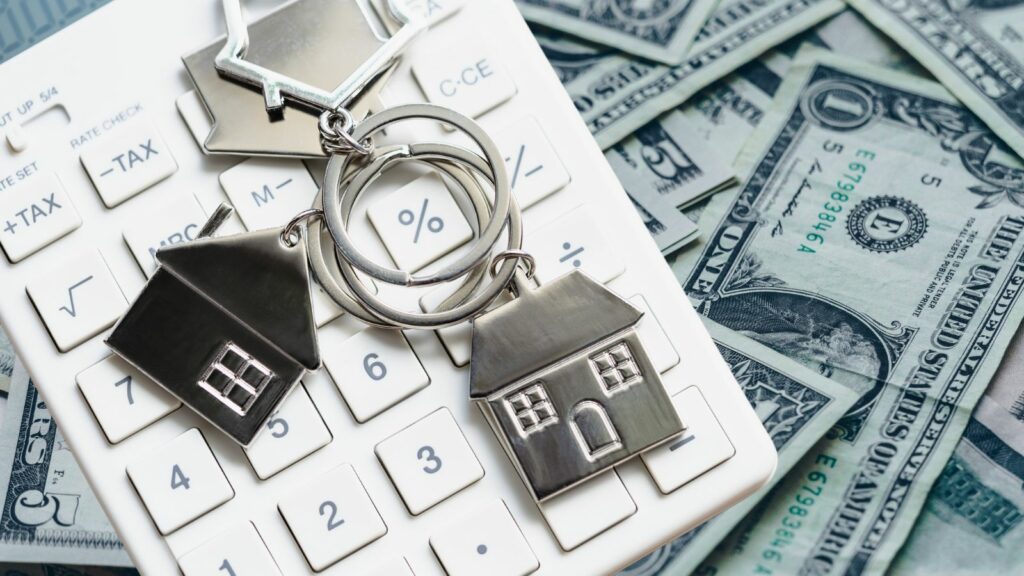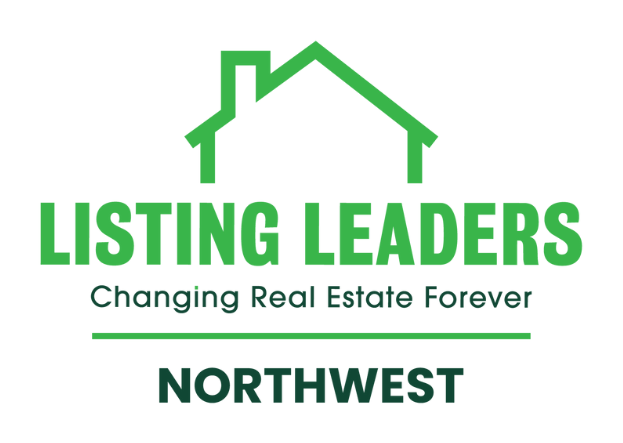Purchasing a home marks a monumental milestone, offering stability and a sense of ownership that renting cannot provide. Yet, diving into the home-buying process without proper preparation can lead to financial strain and buyer’s remorse. Before taking this significant step, it’s crucial to evaluate various aspects of your life and finances to ensure readiness. From understanding your financial health to evaluating your long-term plans, taking the time to reflect on these areas can make the difference between a sound investment and a hasty decision.

Considering the Benefits of Renting vs. Buying
You have to consider the advantages and disadvantages of each option when choosing to rent or buy a home. While homeownership offers stability and the potential for investment growth, renting can provide flexibility and lower short-term costs.
A main advantage of renting is the adaptability it provides. Renters are not tied down by long-term commitments and can move more easily for job opportunities, lifestyle changes, or other personal reasons. This flexibility is particularly advantageous for those who anticipate relocating or who are unsure about their long-term plans.
Renting also involves lower initial and ongoing costs compared to buying. Renters generally only need to cover a security deposit and the first month’s rent upfront, whereas homebuyers must save for a down payment, closing costs, and other expenses. Moreover, renters do not have to deal with property maintenance, repairs, or property taxes, which can increase the expense of owning a home considerably.
Another advantage of renting is the potential to live in more desirable or convenient locations. Renting can provide access to neighborhoods that might be unaffordable to buy into, allowing for a better quality of life or shorter commutes to work, which can be especially attractive in city areas where property costs are high.
Another advantage of renting is the potential to live in more desirable or convenient locations. Renting can provide access to neighborhoods that might be unaffordable for homebuyers, allowing for a better quality of life or shorter commutes to work. This advantage can be especially attractive in city areas where property costs are high.
On the other hand, homeownership offers long-term financial benefits. Each mortgage payment builds equity, which can serve as a financial asset over time. As property values increase, so does the equity, potentially providing a return on investment if the home is sold at a higher price. Homeowners also enjoy the stability of predictable monthly mortgage payments, which can protect against rising rental costs.
Personalization is another significant benefit of owning a home. Homeowners can change, beautify, and adapt their homes according to their tastes and requirements without asking for permission from a landlord. This ability to personalize and improve the home can enhance the living experience and increase the property’s value.
Additionally, homeowners can benefit from tax savings, such as reducing their taxable income by claiming mortgage interest and property taxes, which can make owning a home more affordable. These benefits can greatly affect the affordability of home ownership.
Considering the benefits of renting versus buying helps clarify which option aligns best with your current financial situation, lifestyle, and future goals, ensuring a decision that supports your overall well-being and aspirations.
Evaluating Your Long-Term Plans
Considering your long-term plans is essential before deciding to buy a house. Homeownership is a significant commitment, both financially and personally, so aligning this decision with your future goals is crucial.
First, assess your career trajectory. Stability in your job and industry is important, as it affects your ability to make consistent mortgage payments. If your career involves frequent relocations or if you foresee a significant job change, buying a home might not be the best option at this time. For those settled in their careers and expect to stay in the same location for several years, purchasing a home can be a wise investment.
Family plans also play a significant role. Think about your current family situation and any anticipated changes. If you plan to start or expand your family, consider the size and location of the home. Proximity to good schools, parks, and other amenities should influence your decision. Conversely, if you are nearing retirement, consider whether your current housing needs might change. A smaller, more manageable home or one with features catering to aging in place might be more appropriate.
Lifestyle preferences are another important factor. Reflect on your hobbies, social activities, and community involvement. A suburban home might be ideal for those who prefer a quieter, more spacious environment, while urban living might be better suited for those who enjoy being close to cultural events, dining, and public transportation.
Finally, consider the real estate market trends in your desired area. Understanding whether it’s a buyer’s or seller’s market can influence your decision and timing. Research local market conditions, home price trends, and economic factors that might affect property values in the future.
Aligning your long-term plans with your decision to buy a house ensures that the investment supports your future aspirations and lifestyle, making homeownership a rewarding experience.
Financial Health Check
Assessing your financial health is a fundamental step in determining home-buying readiness. Begin with a thorough review of your income, expenses, and savings. Find out how much money you make every month from everything and take away your usual costs, such as bills, food, travel, and fun, enabling you to know your available income, which is essential for handling mortgage payments.
Next, scrutinize your savings. A robust savings account indicates financial stability and provides a cushion for unexpected expenses. Ideally, you should have enough saved to cover at least three to six months’ worth of living expenses. Also, think about the down payment. A common recommendation to avoid private mortgage insurance (PMI) is 20%, but lower percentages may be possible depending on the loan program. Make sure you have enough money for both the down payment and the closing costs, which can range from 2% to 5% of the home’s price.
Your level of debt also influences your financial well-being. To find out your debt-to-income (DTI) ratio, divide the amount of money you pay every month for your debts by the amount of money you earn every month before taxes. Lenders typically prefer a DTI ratio below 36%, with 43% being the maximum allowed for most loans. Reducing existing debts can improve this ratio and enhance your loan eligibility.
Finally, review your credit score. Your mortgage will have better rates and terms, and the loan will cost thousands less if you have a higher credit score. Get your credit report, fix any mistakes, and boost your score if needed, for example, by lowering credit card balances and not taking on new debt.
A comprehensive financial health check ensures that you are well-prepared to manage the financial responsibilities of homeownership, setting a solid foundation for a successful home-buying experience.
Understanding Mortgage Options
Navigating the landscape of mortgage options is crucial in the home-buying process. Different mortgage types cater to various financial situations, and understanding these options helps in making an informed decision.
The most prevalent kind of mortgage is a conventional loan, which private lenders provide. To qualify for them, borrowers usually need a better credit rating and a bigger upfront payment than they would for loans backed by the government. But they have good interest rates and adjustable terms. Conventional loans are ideal for buyers with strong credit and significant savings.
FHA loans help first-time or low-credit homebuyers, and the Federal Housing Administration guarantees them. These loans require a lower down payment, often as low as 3.5%, and are more forgiving of credit issues. However, they come with mortgage insurance premiums, which can increase overall costs.
VA loans, available to veterans, active-duty service members, and eligible spouses, are backed by the Department of Veterans Affairs. These loans have advantages like zero down payment and no need for private mortgage insurance, which makes them appealing to those who are eligible. VA loans also tend to have competitive interest rates and favorable terms.
The U.S. Department of Agriculture supports USDA loans and aims at buyers in rural and suburban areas. These loans can be a feasible choice for eligible buyers in certain areas, as they often do not require a down payment and have attractive interest rates. Income limits and property eligibility requirements apply.
Adjustable-rate mortgages (ARMs) feature interest rates that adjust periodically based on market conditions. They often start with a lower initial rate than fixed-rate mortgages but can fluctuate over time. Buyers who intend to sell or refinance before the rate starts to change may benefit from ARMs.
Understanding these mortgage options enables you to choose the best fit for your financial situation and long-term goals, ensuring a smoother path to homeownership.
Exploring Down Payment Strategies
Securing a down payment is a critical step in the home-buying process. The amount you can put down impacts your loan terms, interest rates, and monthly mortgage payments. Exploring various strategies to gather funds for a down payment can make homeownership more attainable.
Saving regularly is the most straightforward approach. Set a savings goal and timeline based on your desired down payment amount. Create recurring transfers to a designated savings account to ensure you save consistently. Reducing unnecessary spending and reallocating those funds can boost your savings growth.
Gifts from family members can significantly boost your down payment fund. Many lenders allow homebuyers to use gifted funds for a down payment, provided proper documentation is supplied, helping first-time buyers who have trouble saving enough by themselves.
Leveraging retirement savings through programs like a 401(k) loan or a hardship withdrawal is another option. You can sometimes take out loans from your retirement savings with good payback conditions. However, this strategy carries risks, including potential penalties and the impact on your retirement funds, so it should be approached with caution.
Selling assets, such as a car, jewelry, or collectibles, can also provide a lump sum for your down payment. Assess the value of your possessions and consider parting with items that are not essential. This method can quickly raise funds, though it requires careful consideration of which assets you can comfortably liquidate.
Down payment assistance programs are available in many regions, particularly for first-time homebuyers. These programs can help with down payment and closing costs by providing grants, loans with low interest, or loans that don’t need to be paid back. Government agencies, non-profits, and financial institutions provide them. Research available programs in your area to determine your eligibility and application requirements.
Lastly, consider alternative financing options, such as piggyback loans, where a second mortgage covers part of the down payment, or low down payment loan programs like FHA, VA, or USDA loans. These options can reduce the immediate cash needed, though they may come with higher long-term costs or insurance requirements.
Exploring various down payment strategies helps you identify the best approach for your financial situation, ensuring you can meet lender requirements and secure favorable loan terms on your path to homeownership.
Calculating Total Homeownership Costs
Understanding the full scope of homeownership costs is essential for financial planning and readiness. Beyond the purchase price and mortgage payments, various other expenses must be considered to ensure a comprehensive budget.
Property taxes are a significant and ongoing expense. These taxes vary widely by location and are based on the assessed value of your home. Research local property tax rates and calculate the annual cost. Keep in mind that property taxes can increase over time, impacting your long-term budget.
Homeowners insurance is another crucial cost, protecting your investment against risks like fire, theft, and natural disasters. The cost of insurance depends on factors such as the home’s value, location, and coverage level. Compare prices from different providers to get a reliable estimate and select a policy that weighs cost and coverage.
Maintenance and repair expenses are often overlooked but can add up significantly over time. Regular upkeep, such as lawn care, HVAC servicing, and roof maintenance, is essential to preserve your home’s value and avoid costly repairs. You should save 1% to 2% of what you pay for your home every year for upkeep and unforeseen fixes.
Utilities, including electricity, water, gas, and waste disposal, are ongoing costs that vary based on the size and location of your home. Reviewing previous utility bills can provide an estimate of these expenses. Additionally, factor in the cost of internet and cable services, which are often necessary in today’s connected world.
Homeowners Association (HOA) fees may apply if your home is part of a community with shared amenities and services. These fees can cover landscaping, community facilities, and maintenance of common areas. Ensure you understand the HOA rules and fee structure before purchasing a home in such a community.
Lastly, consider the potential for special assessments or unexpected costs, such as infrastructure improvements or emergency repairs. Having a financial cushion for these surprises is vital for maintaining your budget and avoiding financial strain.
Calculating the total costs of homeownership helps you prepare a realistic budget, ensuring you can comfortably afford your new home and enjoy the benefits of homeownership without financial stress.
Assessing Local Market Conditions
It is important to know the local real estate market well before buying a home. Market conditions can significantly impact property values, the availability of homes, and overall investment potential.
Start by researching whether it’s a buyer’s or seller’s market. When there are more homes for sale than buyers, it’s a buyer’s market. Prices drop, and buyers have more bargaining power. Conversely, a seller’s market features higher demand than supply, driving up prices and reducing bargaining power for buyers. Knowing the current market condition helps set realistic expectations and strategies.
Examine recent trends in home prices within your desired area. Look at data over the past several years to identify patterns of appreciation or depreciation. Rising home prices may indicate a thriving market but can also mean higher purchase costs. Stable or moderately increasing prices often signal a balanced market, offering the potential for steady value growth.
Inventory levels are another key factor. High inventory means more choices for buyers, possibly leading to better deals. Low inventory can lead to competitive bidding and higher prices. Investigate how long homes typically stay on the market in your area. Shorter times often indicate higher demand, while longer durations might suggest that sellers are more willing to negotiate.
Consider the local economy and its impact on real estate. Areas with strong job growth, low unemployment rates, and diverse industries tend to have healthier housing markets. Economic stability attracts new residents, increasing housing demand and supporting property values. Conversely, areas experiencing economic decline might see stagnant or decreasing home prices.
Finally, explore future developments and infrastructure projects. New schools, transportation hubs, and commercial centers can enhance property values and make areas more attractive to buyers. However, be cautious of areas with planned changes that might negatively impact the neighborhood, such as industrial projects or major highway constructions.
Assessing local market conditions provides valuable insights into the best timing and location for your purchase, helping to ensure your investment is sound and aligned with your financial goals.
Examining the Impact of Interest Rates
Interest rates are very important for how much a mortgage costs and can affect your choice to buy a home. Understanding how interest rates impact your loan and monthly payments helps you plan better and potentially save money over the life of your mortgage.
Rates affect how much you pay for your mortgage every month. Small changes in rates can make big changes in payment amounts. For example, with a 3% interest rate, a $300,000 mortgage has a smaller monthly payment than the same loan with a 4% interest rate. This difference accumulates over time, leading to thousands of dollars in savings or additional costs.
The total interest paid over the life of the loan is another crucial consideration. A higher interest rate means paying more in interest, increasing the overall cost of the home. For example, on a 30-year fixed-rate mortgage, the amount paid in interest can exceed the original loan amount if the rate is high enough. Therefore, securing the lowest possible rate is advantageous for long-term savings.
Interest rates are influenced by various factors, including the economy, inflation, and the Federal Reserve’s monetary policy. Economic stability and low inflation typically lead to lower interest rates, making it more affordable to borrow. Conversely, high inflation and economic uncertainty can drive rates up. Staying informed about economic trends and forecasts can help you anticipate rate changes and decide the best time to lock in a rate.
Your credit score also significantly impacts the interest rate offered by lenders. Lenders consider borrowers who have higher credit scores as less likely to default and often offer them lower rates. You can increase your likelihood of getting a lower interest rate on your mortgage if you boost your credit score before you apply. Pay off debts, avoid new credit inquiries, and correct any errors on your credit report to boost your score.
Additionally, the type of mortgage you choose affects the interest rate. Fixed-rate mortgages offer stability with a consistent rate throughout the loan term, providing predictable payments. Adjustable-rate mortgages (ARMs), however, start with a lower initial rate that adjusts over time based on market conditions. While ARMs can offer savings initially, they carry the risk of rate increases, which can lead to higher payments in the future.
Finally, consider the impact of interest rate changes on your budget and home affordability. Use mortgage calculators to estimate monthly payments at different rates and determine what fits comfortably within your budget. This practice ensures that you are prepared for various rate scenarios and can make a confident home-buying decision.
Understanding the impact of interest rates equips you with the knowledge to navigate the mortgage process effectively, helping you secure favorable terms and maintain financial stability as a homeowner.
Making an Informed Decision: Ready to Buy Your Home?
Before you buy a home, you need to think about different aspects carefully, from your financial situation and future goals to knowing what kinds of mortgages are available and what the local housing market is like. By evaluating your readiness through each of these lenses, you ensure a well-rounded approach to homeownership, minimizing risks and maximizing benefits. Calculating the total costs, exploring down payment strategies, and weighing the benefits of renting versus buying all contribute to a comprehensive readiness assessment. Additionally, staying informed about interest rates and their impact on your mortgage helps secure the best possible terms for your investment.
Armed with this knowledge, you are better prepared to make a confident and informed decision about purchasing a home. When you feel ready to take the next step, reach out to me for personalized guidance and support throughout your home-buying journey. Contact me to start making your homeownership dreams a reality.


